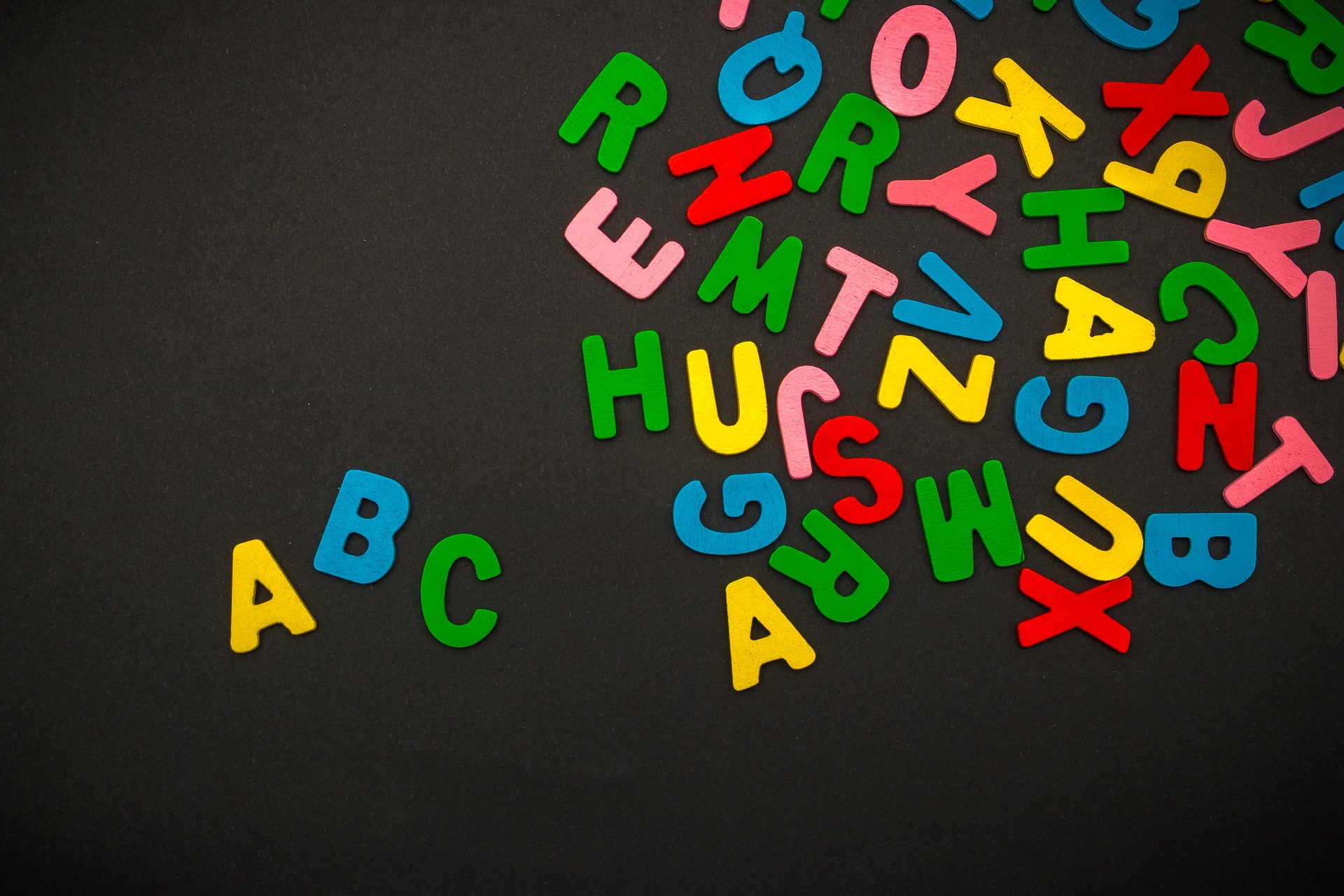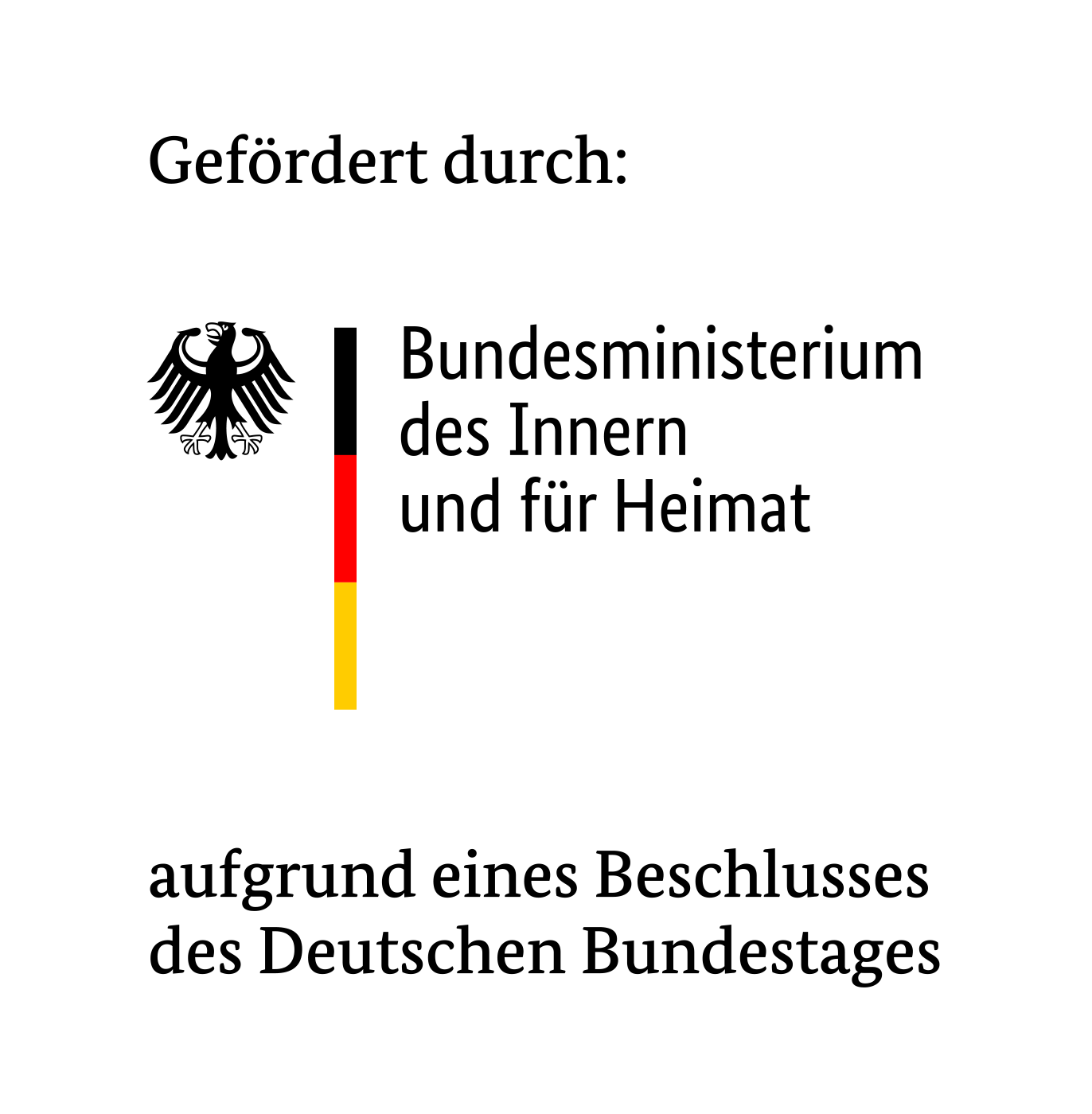
Europe's minority education experts meet in Carinthia/Koroška
12.10.2022What are the best conditions for multilingual early education? The participants of the annual conference of the FUEN Working Group on Education will find many answers to this question from 16-19 October 2022 in Klagenfurt/Celovec, Austria. The programme includes visits to daycare centres and schools as well as numerous lectures and discussions on the current state of bilingual and multilingual early education - an exciting mix of theory and practice.
The pre-school stage of education was already in focus at the last annual meeting - but the topic is far from exhausted. Because it still offers a lot of potential for deepening and because it plays a very important role as a foundation for the further school career, we would like to continue the topic this year. Through crèches and kindergartens, the language and culture of the minority can be encountered as early as possible. There are a variety of models and ways.
The annual meeting will start with a keynote speech on the structure of the Carinthian provincial government and the education system by various experts. Equipped with this basic knowledge of the local conditions, the participants set off to various educational institutions, where they gain insights into the organisation and everyday life from management staff and educators. The spectrum ranges from a bilingual kindergarten to a music academy to a primary school. "Experience and feedback show that it is precisely these practical insights that make our annual conferences so interesting and sustainable for the participants," says FUEN Vice President Daniel Alfreider, Speaker of the Education WG.
__large.jpg)
In the bilingual kindergarten "Sonce" of the Slovenian School Association in Klagenfurt/Celovec, the character "Muca Copatarica" accompanies the youngest children in the Slovenian language. Photo: Mladinskidom
On the second day, the focus will be on the scientific background: Ema Gračner from the University of Teacher Education Burgenland will give a lecture on "Bi- and Multilingualism in Elementary Educational Institutions". In working sessions, the members of the working group will discuss the findings and plan future projects on this basis.
Also on the agenda is an exchange of insights into the different educational situations of the participating minorities: What are the current challenges faced by the different minority communities in Europe? What new insights are there that can also serve as best-practice examples for others? This form of dialogue always brings ideas and suggestions that the participants take back to their own minorities and educational institutions.
Credit title image: Pixabay

SAJTÓKÖZLEMÉNYEK
- FUEN wishes you a peaceful Christmas season, restful days and a bright, hopeful start to the new year!
- FUEN calls on the EU to act over systematic ethnic-based land confiscations in Slovakia
- Women of Minorities conference in Budapest calls for structural change to ensure equal political participation of minority women
- FUEN President Olivia Schubert at UN Forum on Minority Issues in Geneva
- "Laboratory of Peace": 28th Seminar of Slavic Minorities held in European Capital of Culture Gorica/Gorizia
- Equality in Political Participation and Representation: Third “Women of Minorities” Conference to Be Held in Budapest
- FUEN Working Group on Education discusses challenges and future of minority schooling in Europe
- 28th Seminar of Slavic Minorities in Europe to take place in Gorica/Gorizia, Italy
- Olivia Schubert in her first interview as FUEN President
- FUEN Assembly of Delegates elects new leadership – Olivia Schubert becomes new President














